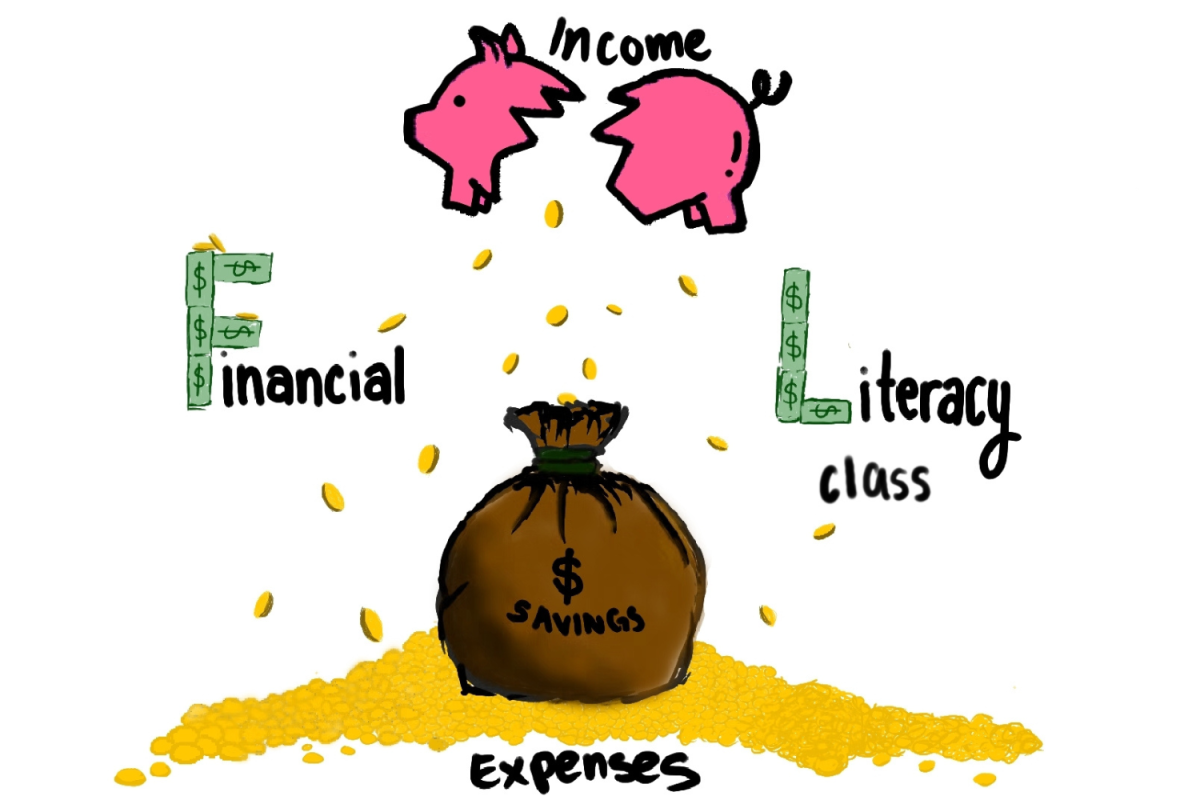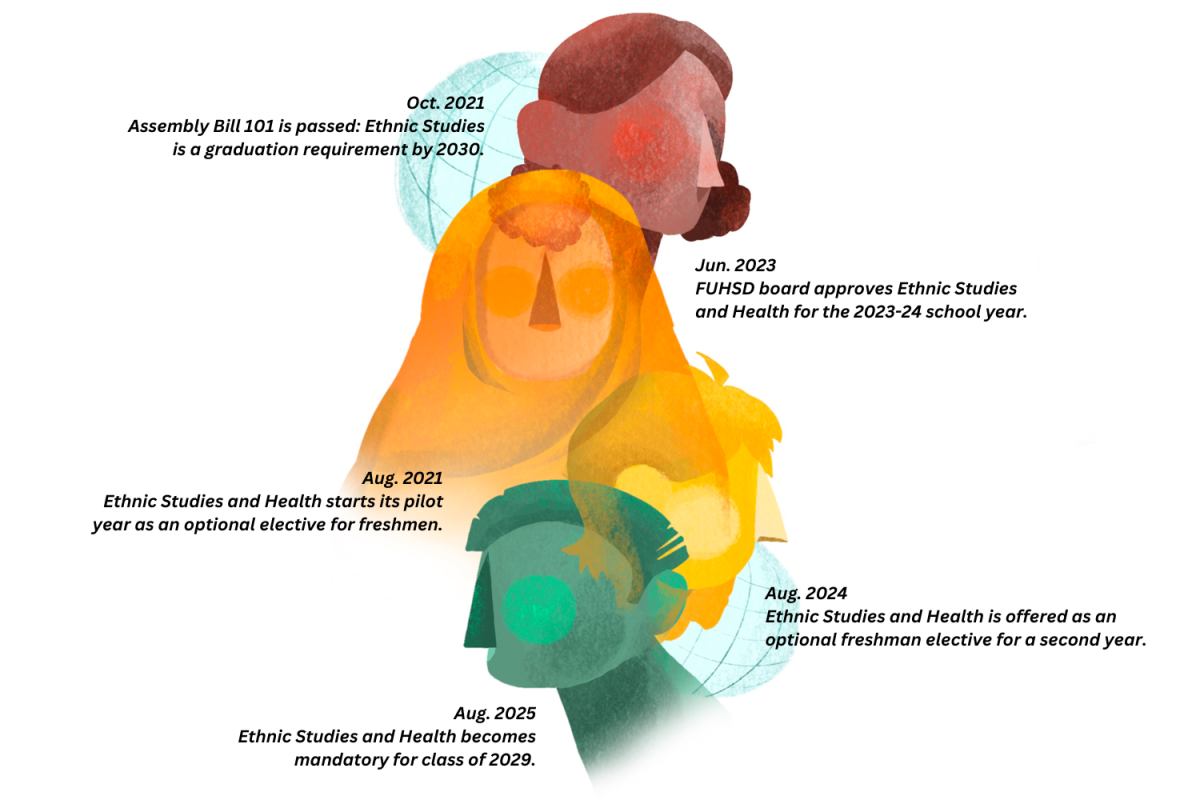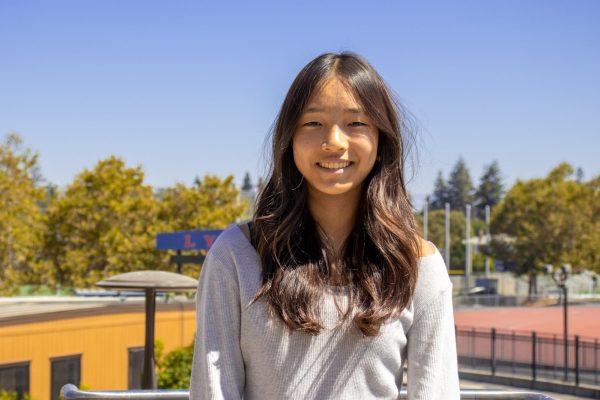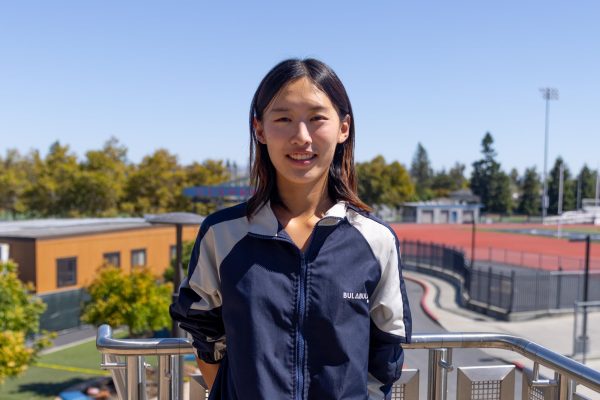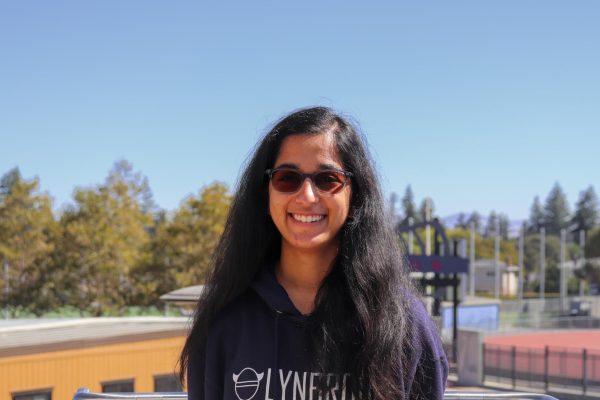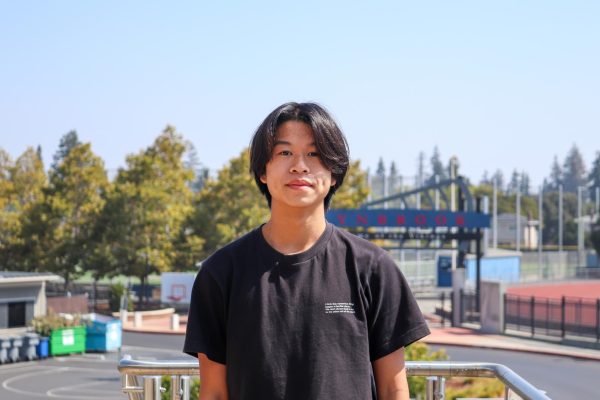Spurred by a district-wide effort to transition toward greener practices, Lynbrook has finished installing new LED lighting in the theater and begun implementing sortable waste-disposal bins for the 2024-25 school year.
Recycling Bins
Efforts to administer the new bins are coordinated by the district’s Director of Facilities, Roger Silveria and the FUHSD Climate Collective in which students from Lynbrook lead recycling initiatives.
Without different options to dispose of waste, students often toss the entirety of their scraps into a single bin. With these new bins, students will have four distinct areas to separate their waste into: landfill, recyclables, compost and paper.
“Someone might accidentally, for example, put a can of soda in a recycling bin meant for paper, contaminating the bin,” FUHSD Superintendent Graham Clark said. “If we then move the paper to a bigger bin, all of that paper gets contaminated and it can’t be recycled.”
In instances of contaminated recyclables, items that would normally be recycled would instead end up in landfill or be processed at a much less efficient rate. In light of this issue, students were selected to lead this recycling initiative for Lynbrook during the 2024-25 school year. Their roles as recycling commissioners involves researching optimal bin locations, providing teachers with recycling information and preventing contaminated waste from reaching the dumpster.
“We had to figure out places where people are most likely to recycle — by classrooms and eating areas,” sophomore and recycling commissioner Arnav Kodavati said.
The recycling commissioners, along with a group of student volunteers, meet weekly to take out the recycling across campus. Once all the material has been gathered into a single large bin, it is weighed, compared with the data collected from other FUHSD schools and submitted to the state government. Most recently, the commissioners attended a meeting at the district office to examine waste-filled recycling bins as an example for the upcoming year.
“A lot of people don’t use the recycling bin correctly,” Kodavati said. “Looking through the recycling bins, we saw a lot of cereal. It’s cool to see how we can help make change in our community.”
In the future, Kodavati hopes to make sustainable recycling more accessible for the entire student body. By encouraging students to make the right decisions for waste disposal, far less recyclables will end up in landfill.
“Recycling is something you don’t think about when you’re doing it,” Kodavati said. “When people see three different bins, people subconsciously put it in the right one. These small changes can really make a big difference for our environment.”
Lighting
After undergoing extensive reconstruction, Lynbrook has replaced its former halogen lights with LED lighting in the theater.
In the past, schools used halogen lighting for their intense brightness capacity, which made them common choices for shows and theaters where vivid lighting is important. Lynbrook’s theater lighting however, has not been upgraded since its inception in 1965.
“It was using very old equipment — equipment from generations ago — which sucked up a lot of electricity, created a lot of heat and produced a lot of noise,” said Executive Assistant to the Principal Calvin Wong, who has been involved in the project from the very beginning.
Statistics show LED lights use 90% less energy than most traditional bulbs and last over fifteen times longer than halogen lights. They’re also cooler and less prone to flammability. Despite the upfront cost of LEDs being twice that of halogen lighting, the option is cheaper in the long term due to its lasting lifespan. Considering the overall benefits of adopting an LED lighting system, FUHSD has been working on making the district’s equipment more efficient for a long time.
“We’ve been replacing the lights for about 10 years as we went through FUHSD’s modernizing process,” Clark said. “It’s challenging for the people that change the lights in theaters due to ceiling heights and ladder positioning. So for us, the full transition to LED lights is a huge win.”
The project is now in its final stages, with technical training for theater department students being one of the only remaining steps.
“The new lighting will make a lot of our jobs easier,” said junior Charlie Dai, who is Vice President of Operations for Studio 74, the school’s Drama Club. “The lighting department will have an easier time, and actors won’t overheat on stage as quickly. However, we won’t really know how things will be impacted until we go through the show process itself.”
Wong, who has kept track of the progress throughout the project, hopes students will appreciate the new lighting and the way it addresses previous concerns about the noisy lighting setup. With the new lights, the building will no longer use as much energy trying to keep indoor temperatures cool, another one of many benefits of choosing the LED option.
FUHSD schoolscontinue making strides toward becoming greener campuses. Through these initiatives, the district hopes to educate students with more ways to take action against climate change.
“Everybody should be mindful of sustainability,” Clark said. “I want to thank all the students who are publicizing it so we can modify our practices.”
































































